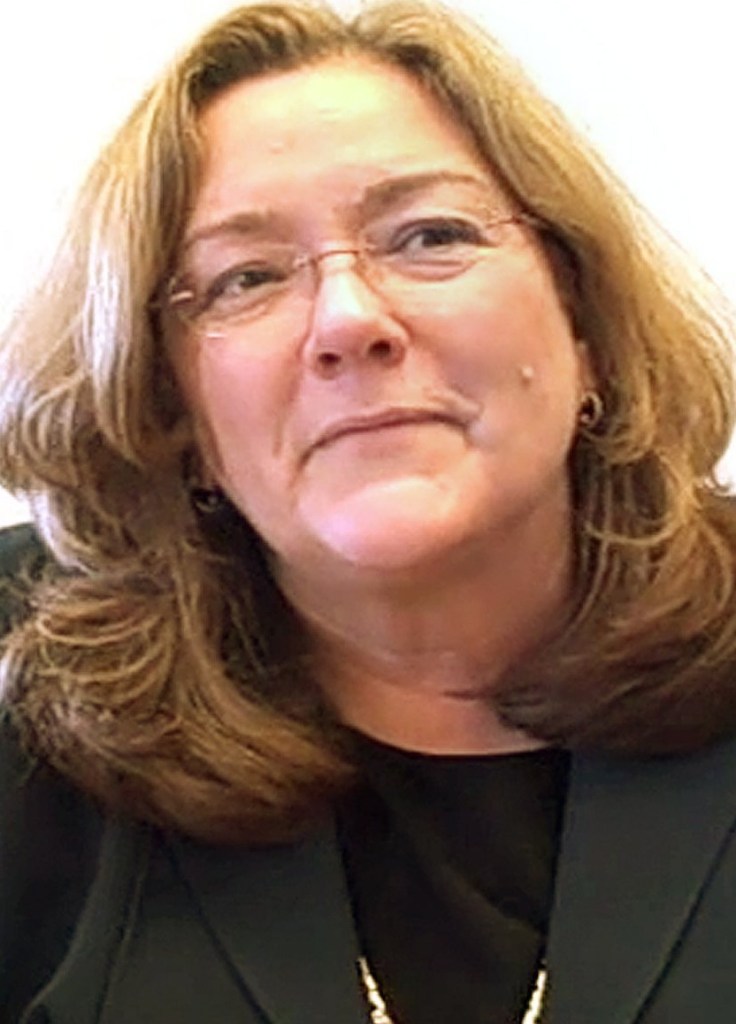ROCKLAND — The chief justice of the state’s highest court has criticized the Maine Department of Health and Human Services for its handling of an adoption in Knox County.
The Maine Supreme Judicial Court ruled Tuesday in the case of competing families wanting to adopt a 2-year-old girl. The dispute pitted a couple from Massachusetts who had adopted two of the girl’s five siblings against foster parents from midcoast Maine who have cared for the child since she was 12 days old.
The Supreme Judicial Court unanimously upheld the decision of a District Court judge to grant adoption to the foster parents.
But in a separate opinion, Chief Justice Leigh Saufley wrote that “I must reluctantly concur in the court’s opinion, particularly given the child’s attachment to her foster family in Maine. I write separately, however, because the state’s delays in establishing a solid contact schedule with the Massachusetts family have led to the sad result that (the child) will be deprived of the opportunity to grow up in an available family with her biological siblings.”

Leigh Saufley, chief justice, Maine Supreme Judicial Court: “The state’s delays in establishing a solid contact schedule with the Massachusetts family have led to the sad result that (the child) will be deprived of the opportunity to grow up in an available family with her biological siblings.”
The girl, who was born in October 2015, was put in foster care because of the mother’s serious opiate addiction.
The Massachusetts couple had sought to have the girl placed with them after she was put in foster care, but DHHS kept the child with the local foster parents in hopes of making it easier to try to reunify the child with the mother.
“The department was concerned that placing (the girl) with the appellants in southern Massachusetts would make its efforts toward reunification with the mother in midcoast Maine much more difficult,” the Supreme Judicial Court said.
In December 2016, the mother relapsed and was incarcerated, and reunification efforts ended.
The court ruling does not discuss the father, other than to say the child’s parents agreed to surrender their parental rights in March 2017. There also was no information on the status of the girl’s three other siblings.
COURT REVERSES DHHS DECISION
The Massachusetts couple had notified DHHS at the beginning that they were interested in caring for the girl, and in February 2017 petitioned to adopt her. The foster parents filed their petition for adoption in April 2017.
Two weeks before a contested adoption hearing was scheduled in Knox County, DHHS said it planned to place the girl with the Massachusetts couple.
But at the June 2017 hearing in District Court, the foster parents presented a witness who specializes in the study of early child attachment. The witness testified that the child considered the foster parents her mother and father. At the hearing, DHHS also was unable to identify who within the agency decided to recommend that the girl be adopted by the Massachusetts couple.
District Court Judge Susan Sparaco granted the foster parents’ petition to adopt the girl and rejected the Massachusetts couple’s petition in an order dated June 29, 2017.
“The court finds that the harm of removing (the girl) from the (foster parents’) home outweighs any inadequacies of that placement, specifically the fact that (the girl) will not be living with biological siblings. (The girl) has formed a strong attachment to the (foster parents’) family. … For (the girl), (the foster parents) are her parents and their two children are her siblings,” Sparaco ruled.
The Massachusetts couple filed an appeal with the Supreme Judicial Court, which held a hearing Dec. 14.
“Had the department acted more expeditiously and assertively to establish a relationship between (the child) and the family of her sisters (in Massachusetts), she could have been adopted into the same family and had the benefit of a childhood and adolescence spent with her own sisters,” Saufley wrote in her opinion. “The value of that family connection appears to have been lost in the department’s slow response to the Massachusetts family’s availability, and those actions have cost this child dearly.
“Especially in light of the tragedies caused by the opioid addiction epidemic, it is important to honor the Legislature’s purpose to provide for the early placement of children whose parents cannot care for them with other family members so that the children can grow up with a strong sense of family identity and are not deprived of the lifetime connection that a childhood and adolescence shared with siblings or other relatives can provide,” the chief justice wrote.
HOPING FAMILIES STAY IN CONTACT
DHHS did not respond to a request for comment Wednesday.
Attorney Kevin Sullivan of Gardiner, who represented the Massachusetts couple, said his clients were disappointed by the ruling, and especially unhappy with the handling of the matter by the state.
“I know DHHS has a difficult job, but that is not an excuse, they still have to do their job,” he said.
Although the ruling was unfortunate for his clients, Sullivan said he hopes it means no one else has to go through a similar ordeal.
He said he is hopeful that the two families will have contact so the girl can have a relationship with her siblings.
Send questions/comments to the editors.



Success. Please wait for the page to reload. If the page does not reload within 5 seconds, please refresh the page.
Enter your email and password to access comments.
Hi, to comment on stories you must . This profile is in addition to your subscription and website login.
Already have a commenting profile? .
Invalid username/password.
Please check your email to confirm and complete your registration.
Only subscribers are eligible to post comments. Please subscribe or login first for digital access. Here’s why.
Use the form below to reset your password. When you've submitted your account email, we will send an email with a reset code.